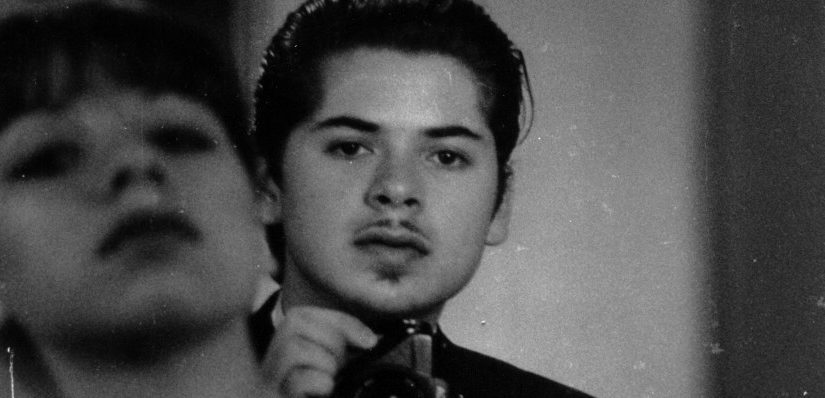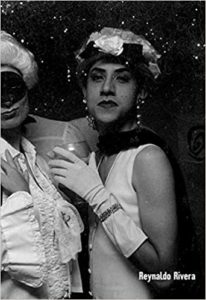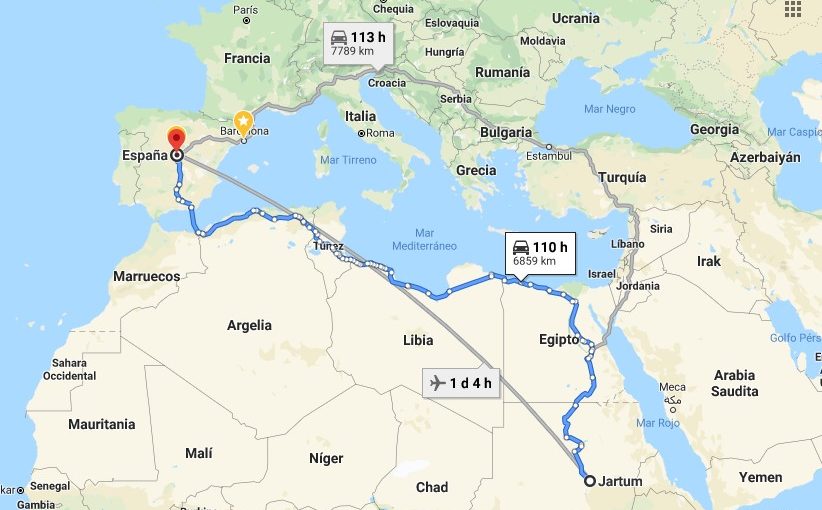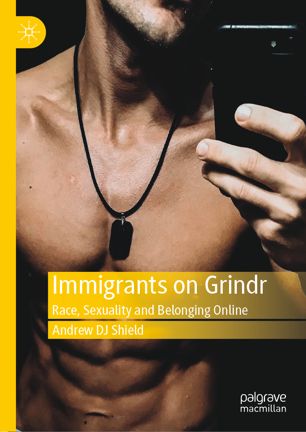Reynaldo Rivera didn’t pick up a camera with the intention of making art. The Yashica he retrieved from a pile of his father’s things was a way of bringing order to a peripatetic life that had him bouncing between the care of his mother, his grandmother and his father, between Mexicali and Los Angeles, between Stockton and San Diego de la Unión, a small, agricultural outpost in the central Mexican state of Guanajuato.
“I did it out of this need to have something stable in my life,” he says. “Photography makes time stand still. And for someone who has had a crazy life, hectic and moving (I left home when I was very young), it gave me some kind of normalcy. … It allowed me to freeze time in moments that were special to me, and I was able to relive them over and over.”
continue reading: Los Angeles Times (Carolina A. Miranda)





